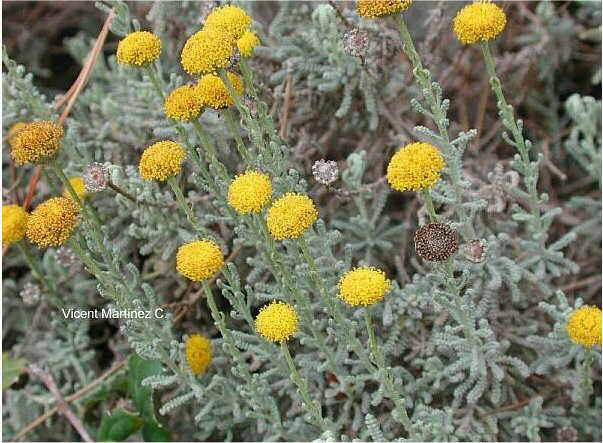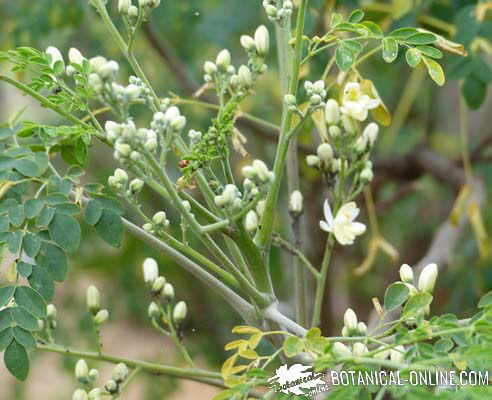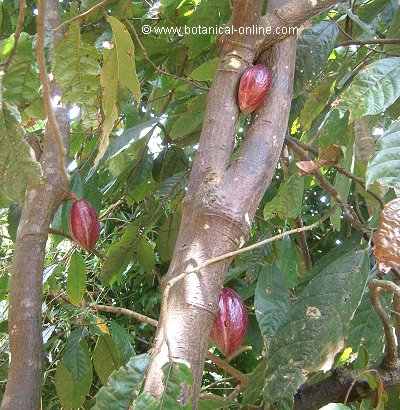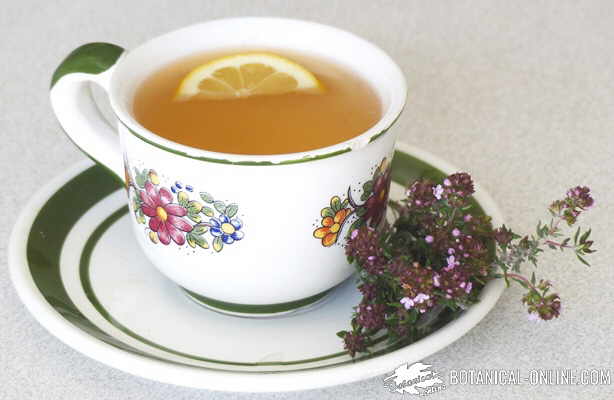Contents
- 1 Adverse effects of eating too many mandarins
- 1.1 What contraindications does mandarin have?
- 1.2 Mandarin is contraindicated in people with allergy to mandarin or citrus
- 1.3 Are mandarins contraindicated for diabetes because they have a lot of sugar?
- 1.4 Can people with migraines eat mandarins?
- 1.5 Is mandarin good for the stomach?
- 1.6 Can you eat mandarin on the FODMAPs diet or irritable bowel diet?
Adverse effects of eating too many mandarins
What contraindications does mandarin have?
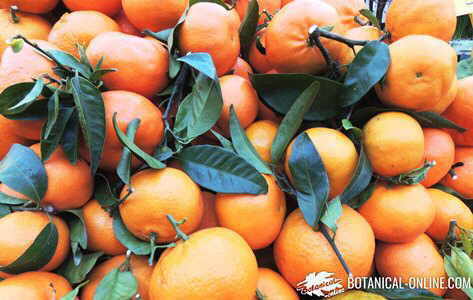
Mandarin (Citrus reticulata) is a food, an edible and nutritious citrus fruit that, as such, does not present important contraindications. It is used in numerous recipes and is also part of some home remedies and natural treatments.
Despite its benefits, this fruit is not totally free of contraindications. It is convenient to know what possible contraindications mandarin presents to prevent possible adverse effects related to its consumption.
Mandarin is contraindicated in people with allergy to mandarin or citrus
Mandarin is totally contraindicated for people with an allergy to mandarins or other citrus fruits, and it can cause reactions on the skin or mucosa in sensitive people.
People with a fruit allergy may have a citrus allergy, but not in all cases. For example, when there is allergy to Rosaceae, such as peach (Prunus persica), there is also usually a cross-reaction allergy with apricot (Prunus americana) or plums (Prunus domestica). This is because they are from the same family and there are identical or very similar proteins between species. On the other hand, mandarin belongs to the citrus family (Rutaceae), such as lime (Citrus aurantifolia) or lemon (Citrus x limonia Osbeck.). Possibly, a person with an allergy to Rosaceae can eat mandarins, although there are people who are also allergic to citrus fruits and cannot consume them.
Are mandarins contraindicated for diabetes because they have a lot of sugar?
Mandarin does not have a high sugar content, but it is a fruit with few carbohydrates (10%). On the other side, the sugar from fruits is very different from that provided by ultra-processed products. The natural sugar of the fruit, in this case from mandarins, is gradually absorbed due to its fiber and fructose content, therefore, eating a couple or three of mandarins would never produce hyperglycemia.
This fruit is not fattening, its sugar content is not important, and it can be consumed in diets for obesity and diabetes, to which it will also provide many benefits. It is a false myth that fruit is not good for diabetes, or that fruit produces sugar highs. To give an example, bread raises more sugar than mandarin.
Can people with migraines eat mandarins?
It has been proven that the ingestion of citrus fruits, such as mandarins, can cause migraine in certain people, specifically, in those who have a diagnosed deficiency of the DAO enzyme. Therefore, mandarin would not be a suitable food in case of migraine episodes, and those with a tendency to have migraine should not abuse its consumption. Apart from that, this does not mean that mandarin produces migraine in all people, but only those sensitive to histamine.
Is mandarin good for the stomach?
In the ulcer diet or the gastritis diet, it is often recommended to avoid acidic fruits, such as mandarins, oranges, tomatoes… This is because acids in fruits lower the pH of the stomach and increase gastric acidity.
This property is beneficial because it facilitates digestion, but in sensitive stomachs, especially on an empty stomach, these fruit acids could cause discomfort. However, mandarin is not a very acidic fruit and may be well tolerated in case of gastritis, stomach ulcer, Helicobacter infection or heartburn, etc. Although in principle there is no contraindication, it will always be necessary to assess individual food tolerance.
Can you eat mandarin on the FODMAPs diet or irritable bowel diet?
Mandarin orange contains a certain amount of fructose and can be eaten but it should be controlled in case of following a diet low in FODMAPs, which is a type of diet used in diet therapy to treat irritable bowel syndrome.
You can eat a couple of mandarins, but instead it is not recommended to drink it in juice, since then you could be consuming too much fructose.
![]() More information on oranges
More information on oranges
15 September, 2021

